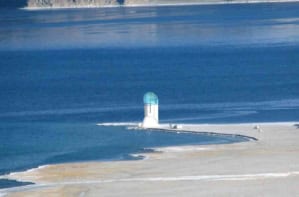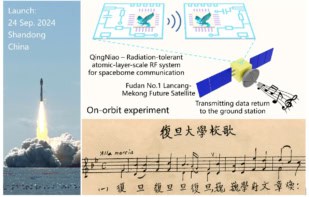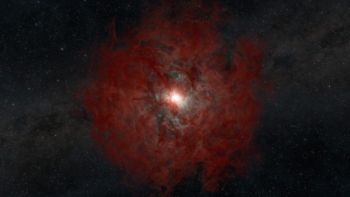
From AbSciCon 2019 in Bellevue, Washington
Is any scientific quest today more exciting than the search for life beyond Earth?
Here in Bellevue, Washington the answer is an emphatic “no”.
The Seattle suburb is hosting 950 attendees who have travelled from 27 countries to attend AbSciCon 2019 – which celebrates the burgeoning science of astrobiology. The five-day conference began on Monday and features presentations and seminars about the search for life on other bodies in our solar system and on the thousands of exoplanets that have, so far, been discovered in our galaxy.
I drove up here Sunday from Oregon and attended a media workshop that day and three different conference sessions on Monday. It is early still, but already three things have impressed me.
One thing is that scientists are thinking very hard about what “life” is and how it might present itself to us — whether to a rover on Mars’ surface; robotic missions that might someday land on and drill into icy water moons like Enceladus and Triton; or by capturing optical spectra from the atmospheres of exoplanets orbiting distant stars. Researchers are trying their best to understand their Earthly biases of what life is and remaining open to “agnostic biosignatures”. Detecting life is hardly an easy problem, nor, unless it is done in situ on Mars or a moon in the solar system, likely to be definitive.
Gender balance
I have also noticed that, I think, there have been more women speakers here than at many other conferences that I have attended, especially the American Geophysical Union fall and spring meetings and those of the American Physical Society and American Chemical Society. So far, my sessions have seen eight male presenters and 13 female presenters, or 62% women. More women are presenting their ideas and more seem to be heading major labs, and in leadership and convening roles at this conference. It is heartening to see.
Finally, the breadth of knowledge in astrobiology is as wide as I have seen in any field of science, with none other coming close. Biology, chemistry, physics, geophysics, astronomy, geochemistry, planetary sciences and more are represented. People here come from everywhere, it seems.
Toxic gases in habitable zone could hinder emergence of alien life
A great example is Sarah Johnson, a professor who heads a biosignature lab at Georgetown University. Johnson has the broadest background I think I have ever seen in a scientist. She has a BA in mathematics and environmental sciences from Washington University in St Louis, a second BA in philosophy, politics and economics and a MSc in biology – both from the University of Oxford — and a PhD in planetary science from the Massachusetts Institute of Technology. She worked as a White House Fellow for the President’s Science Advisor during the first term of the Obama Administration and is now in the biology department at Georgetown.
She says astrobiology today is “almost like planetary sciences was a hundred years ago. You can come in as a very young person and rival the old timers – it’s just so open and exciting with so many places where you can make a contribution.”
This meeting is coordinated by the American Geophysical Union, with sponsorship from the Blue Marble Space Institute of Science, the SETI Institute, and the Earth Life Science Institute.
Stay tuned for more from the conference tomorrow.




